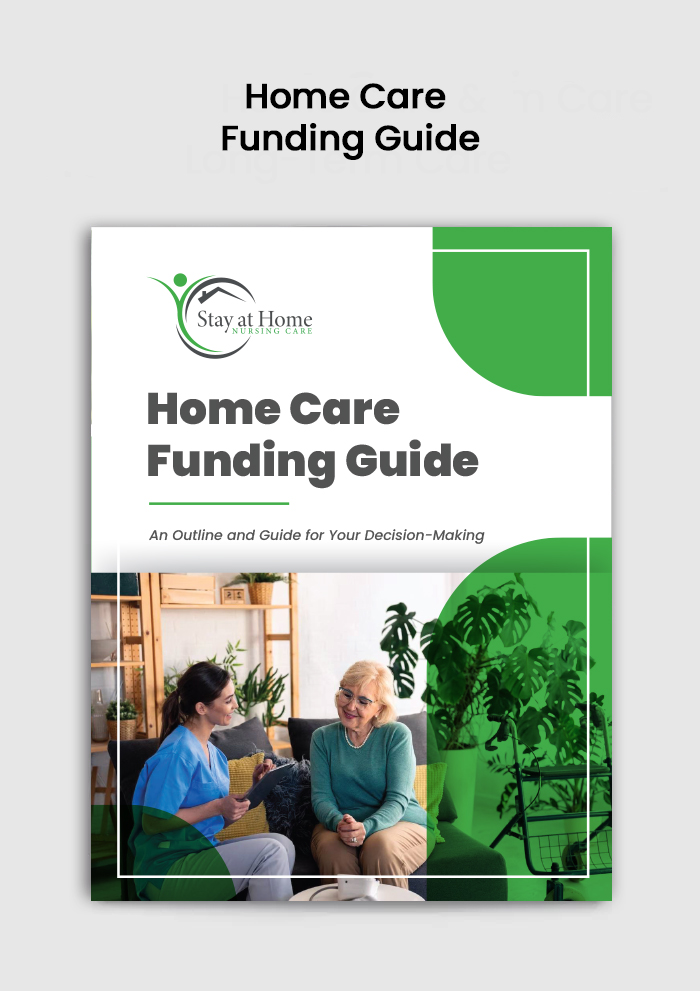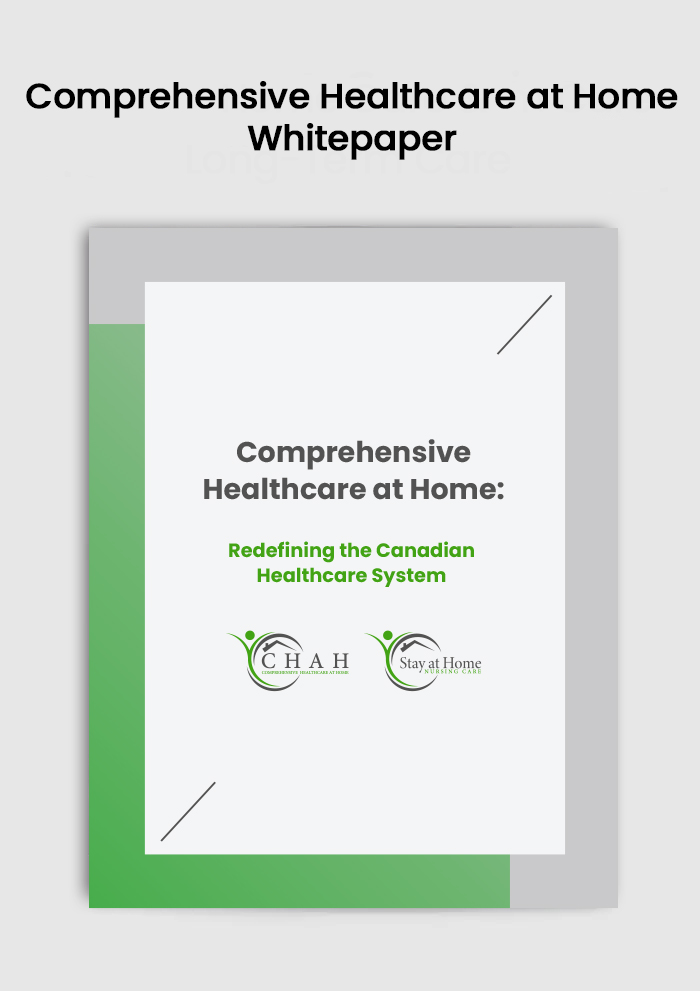Living with and caring for a loved one with serious health or medical issues can be exceptionally demanding, often leading to high levels of stress or even caregiver burnout.
Palliative care helps ease this burden by enabling ongoing support and professional guidance through the caregiving journey, so caregivers don’t have to manage everything alone.
What is Palliative Care?
Palliative Care is specialized medical care for people with serious illnesses, focusing on providing relief from symptoms to improve the quality of life for both the patient and their family. It can be offered across institutions such as hospitals, retirement homes, long-term care, as well as in the patient’s home. In the latter case, a personal support worker or registered private nurse comes directly into the home to offer specific help based on the patient and family’s needs.
A palliative care approach supports individuals with their physical, psychological, and social needs. This patient-centered approach helps manage symptoms like pain and nausea, offers emotional support, assists with practical issues, and can be provided at any stage of illness.
It does not mean giving up on curative treatment. In some cases, palliative care is provided alongside therapies intended to cure or treat the disease.
Key elements and requests for support most often include:
Symptom Management which addresses physical symptoms such as pain, difficulty breathing, nausea, and loss of appetite.
Emotional and Psychological Support for patients and families dealing with the emotional impact of a serious illness.
Caregiver Support which offers training and guidance to family members on specific issues or treatments, reducing their burden.
The Benefits of Palliative Care
Greater Wellbeing for Your Loved One
Palliative care helps your loved one manage the daily challenges of their illness so they can live life to the fullest. With the right support, they can get more restful sleep, move around with greater confidence, and save their energy for the moments that matter most.
This enables them to stay positive and feel more in control, contributing to a better overall mood and quality of life.Support for the Whole Family
Living with and caring for someone with a serious illness is demanding, and can lead to stress, burnout, and an erosion of quality of care that is being given.
Palliative care eases this burden with ongoing support and expert guidance through the caregiving journey, so caregivers don’t have to manage everything alone.
Support may include helping to coordinate care management plans, and providing guidance and practical assistance with medication management, personal care, wound-care, or implementing gentle-persuasion techniques for dealing with issues of dementia.
Improved Health Outcomes
Research shows that patients and families who start palliative care early tend to feel better overall. * They enjoy a better quality of life, have fewer symptoms of depression, and feel more emotionally supported. They’re also less likely to go through aggressive treatments near the end of life and are more likely to have clear advance care plans in place for their long-term care.
Fewer Hospital Admissions
Proactively managing symptoms and providing strong support at home enables your loved one to avoid unnecessary hospital stays and remain in the comfort of home, where they feel most at ease.
“Asking for help is never a sign of weakness.
It’s one of the bravest things you can do”
How Can I Learn More?
Reaching out and asking for additional perspective is an important step. A free of charge Care Consult enables us to better understand your needs and suggest potential resources and options. We would love to hear from you and support you in your Care Journey for your loved one.
Contact us at info@stayathomenursing.com
*Early Palliative Care for Patients with Metastatic Non–Small-Cell Lung Cancer https://www.nejm.org/doi/full/10.1056/NEJMoa1000678







